The Fraud: The Instant Sunday Times Bestseller
£12.30£19.00 (-35%)
THE GIFT EVERY ZADIE SMITH FAN WILL BE HOPING IS WAITING FOR THEM BENEATH THE CHRISTMAS TREE!
‘A writer at the peak of her powers’ The Telegraph
Truth and fiction. Jamaica and Britain. Who gets to tell their story? Zadie Smith returns with her first historical novel.
Kilburn, 1873. The ‘Tichborne Trial’ has captivated the widowed Scottish housekeeper Mrs Eliza Touchet and all of England. Readers are at odds over whether the defendant is who he claims to be – or an imposter.
Mrs Touchet is a woman of many interests: literature, justice, abolitionism, class, her novelist cousin and his wives, this life and the next. But she is also sceptical. She suspects England of being a land of façades, in which nothing is quite what it seems.
Andrew Bogle meanwhile finds himself the star witness, his future depending on telling the right story. Growing up enslaved on the Hope Plantation, Jamaica, he knows every lump of sugar comes at a human cost. That the rich deceive the poor. And that people are more easily manipulated than they realise.
Based on real historical events, The Fraud is a dazzling novel about how in a world of hypocrisy and self-deception, deciding what’s true can prove a complicated task.
‘It’s difficult to give any idea of how extraordinary this book is. One of the great historical novels, certainly. But has any historical novel ever combined such brilliantly researched and detailed history with such intensely imagined fiction? Or such a range of living, breathing, surprising characters with such an idiosyncratically structured narrative?’ Michael Frayn
‘As always it is a pleasure to be in Zadie Smith’s mind, which, as time goes on, is becoming contiguous with London itself. Dickens may be dead, but Smith, thankfully, is alive’ New York Times
‘Zadie Smith’s Victorian-set masterpiece holds a mirror up to Britain . . . The Fraud is the genuine article’ Independent
‘Smith’s dazzling historical novel combines deft writing and strenuous construction in a tale of literary London and the horrors of slavery’ Guardian
SHOTLISTED FOR WATERSTONES BOOK OF THE YEAR 2023
Read more
Additional information
| Publisher | Hamish Hamilton (7 Sept. 2023) |
|---|---|
| Language | English |
| Hardcover | 464 pages |
| ISBN-10 | 0241336996 |
| ISBN-13 | 978-0241336991 |
| Dimensions | 15.2 x 4.2 x 23.6 cm |

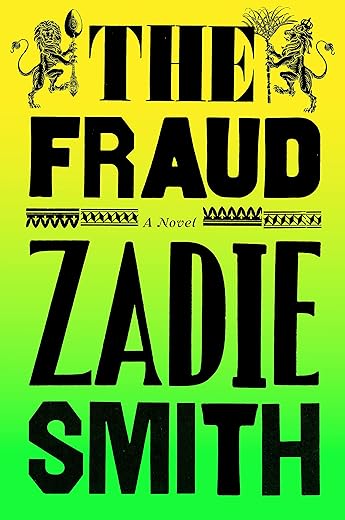
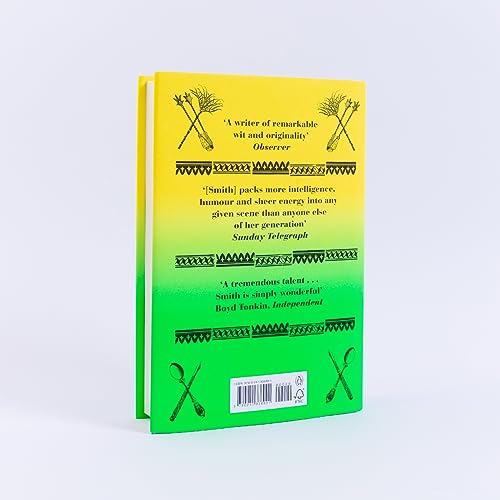
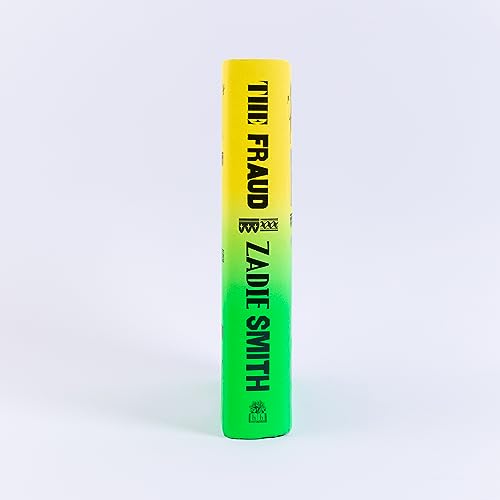
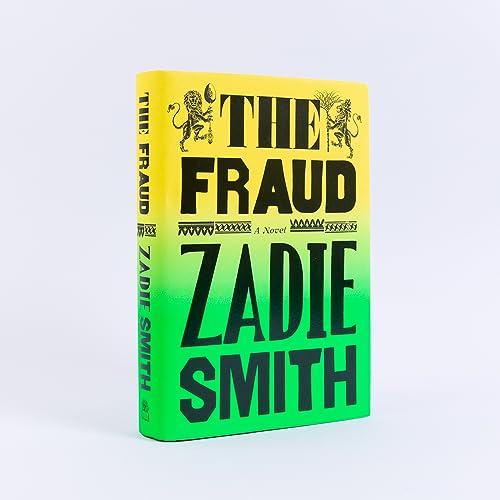
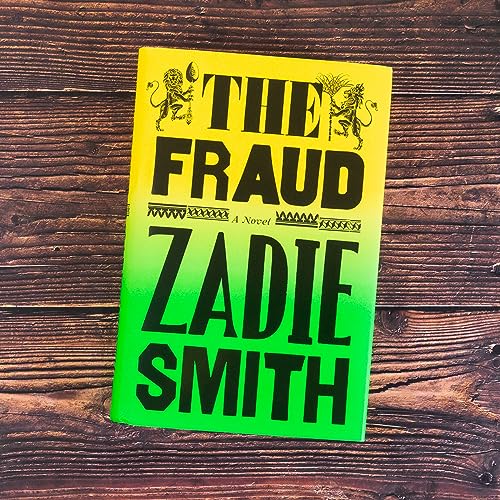

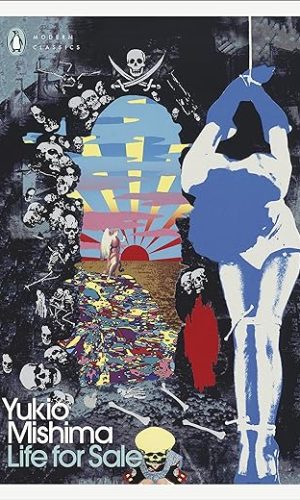
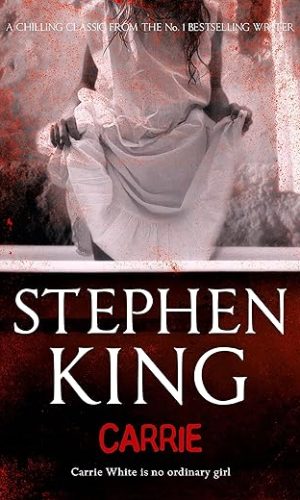

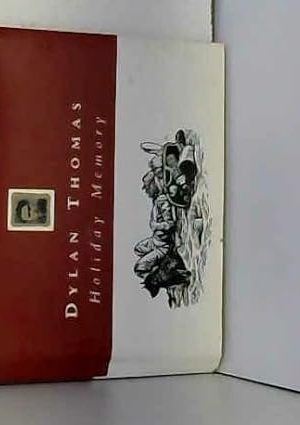
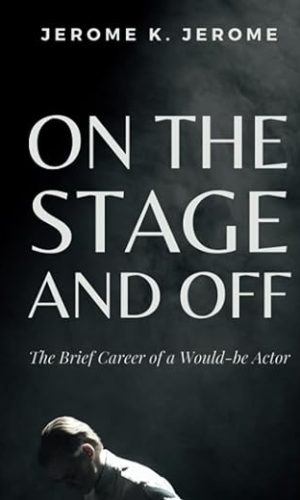
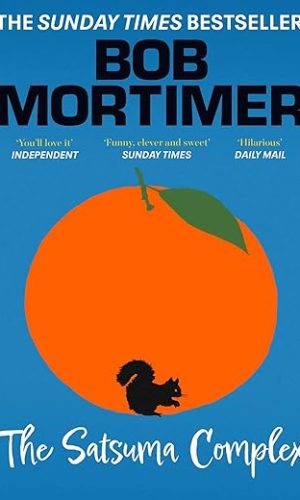
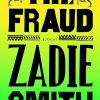
by Jim Bowen
This book looks at an 1860/70s court case through the eyes of a Victorian family. Through it, light is sort of shone on 19th Century populism, and conspiracy theories (to a degree).
The court case is the Tichborne Claimant case, where a man presumed lost at sea returns after a number of years, to claim his inheritance. The question is, is he the man he claims to be? This is where we see similarities between then, and what’s going on now.
The book is actually based on a real life case, and the characters mostly existed, so in a way, the books reminded me of Hillary Mantel’s fictionalised account of Thomas Cromwell’s life. I’m, assuming it’s as factual as any Victorian family drama can be, while still telling a story.
So, overall it’s an okay read, I’m just not sure I’m the target audience maybe?
by Miss J L Young
This is my first Zadie Smith read for a book club and I was worried I would be the only one that disliked it, I wasn’t! Not one person enjoyed it. It’s bitty and hard to read, the dates jump around as do the characters. Names are dropped for no apparent reason. I struggled to read it and very nearly gave up! It’s such an important topic and could have been great.
by P. G. Harris
The Fraud is a really good book, intelligent, thought provoking, multi-faceted. I just didn’t like it very much.
The story is based on the genuine C19th legal cases surrounding the claims of an expatriate returning from Australia to be the wealthy Sir Roger Tichborne, previously thought to have died in a shipwreck. He, however however only provides the stage on which the true players perform. The central character is Eliza Touchet, the widowed cousin of second rate author (though one of his books did outsell Oliver Twist) William Ainsworth, another real historical figure. The most significant other character is the putative Sir Roger’s supporter, Bogle a ex-slave who grew up on a plantation in the Caribbean.
Author Zadie Smith uses these characters to comment on many aspects of Victorian Society. Primary amongst these is the position of women, as personified by the intelligent, talented (and enthusiastically bisexual) Eliza who is trapped into the role of housekeeper to her cousin and whose passionate nature is buttoned into a corset of respectability. In perhaps a mirroring of the modern contrast between gender politics in the affluent world and global economic inequality, Smith draws comparisons between Eliza’s position and Bogle’s life as a slave. This comparison is then taken further bringing the position of the urban poor, in both London and Manchester into the picture.
In addition to the little known historical figures such as Tichborne and Ainsworth, more significant characters such as Dickens, Thackeray, and George Elliot make an appearance. Reading Middlemarch recently, it struck me that the toxicity of the internet, is simply a speeding up of the ancient human capacity for malicious gossip, destroying reputations and exiling its victims from society. Writing with a modern eye, Smith projects the apparently modern phenomenon for fake news back into Victorian era with a storm of populist, media led untruths surrounding the Tichborne trials.
The big things I didn’t enjoy about the book were the style and the structure. Overall it is split (perhaps in an attempt to mimic a serialised Victorian novel) into nine volumes, each of which could reasonably have been a long chapter. Each volume is then divided into numerous chapters, some of which are no more than a paragraph long. Frequently there is no discernible break between what is happening at the end of one chapter and the beginning of the next, begging the question”why?”. If we add to this a technique of there often being sudden changes of direction within the narrative, perhaps with an unexpected voice suddenly coming to the fore (which to be fair probably reflects real life), the overall picture is a highly fragmentary one. Smith could probably be said to be experimenting with the structure of the novel, but where that breaks the fourth wall, distracting the reader from the narrative, I would question the value.
To return to a more positive aspect, the title of the book is a clever one, inviting the reader to ask who is the real fraud? The obvious answer is the supposed Sir Roger, but then what about Bogle, who appears honest and credible, but is also playing his own game. William, the respectable man of letters whose sexual exploits would disgrace him in public and who is in reality an untalented hack. Eliza who is forced by society into a position totally at odds with her true nature and talents. Or Victorian society as a whole, and by reflection the populism and dishonesty rampant in the modern world.
As I started by saying, this is an intelligent and interesting book, but for me the structure distracted from that and prevented me from fully engaging.
by J. A. Findlay
Zadie Smith’s Well researched and lively new novel deals with a forgotten but previously very successful Victorian novelist
and a contemporary scandal from the point of view of the writer’s housekeeper.
by Baby Rene
Very entertaining book. I’m a fan .
by Andy
Amazing. Loved every minute. Would recommend it. Another triumph for Zadie Smith. At time very amusing while getting the point across
by S Moss
So much to say but it is a book I won’t forget the writing is wonderful and a joy to read
by customer
Un-put-downable! lively read.